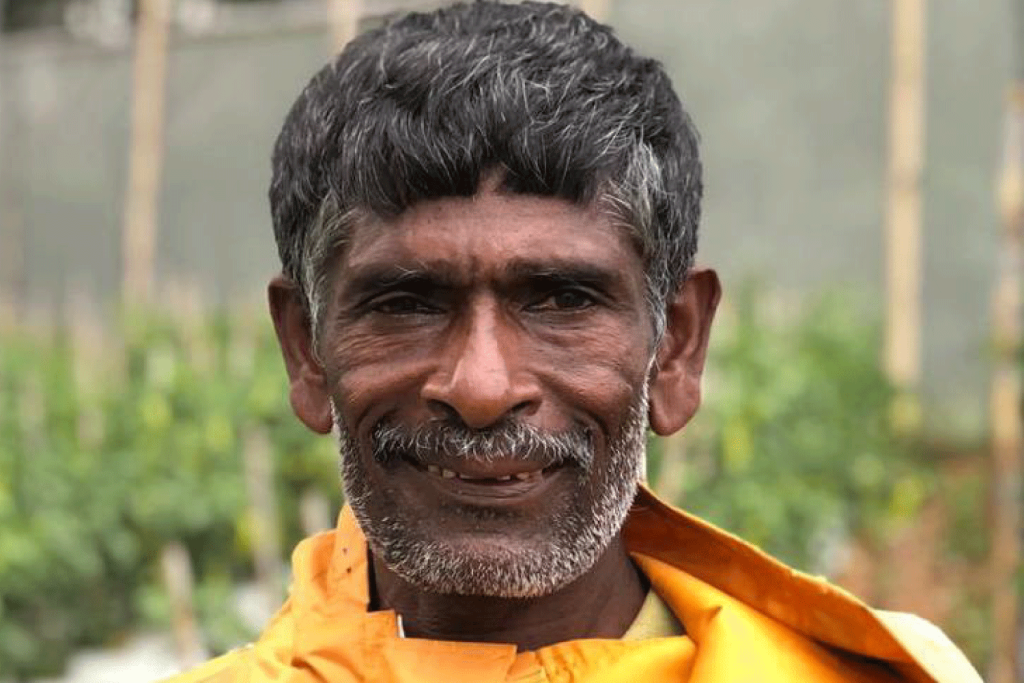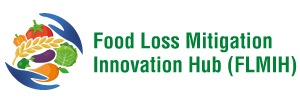
Project Description
Despite its cultural and economic importance, the mango value chain in Sri Lanka faces challenges that contribute to significant postharvest losses. The extensive supply chains, marked by numerous middlemen, result in coordination challenges, inadequate infrastructure, and improper handling practices, leading to substantial losses. These losses have economic, social, and environmental implications, calling for targeted interventions.
Against this backdrop, this research first attempts to analyze the complex function performed by value chain actors in reducing post-harvest losses along the mango value chain. The specific objectives of this study include (i) a comprehensive examination of the sector performance, activities and intermediaries in the mango values chain in Sri Lanka, (ii) quantifying the physical food losses at these actors; (iii) characterizing the intermediaries in terms of their operations, capacities, and behaviours; (iv) an in-depth analysis of the factors that influence the magnitude of food losses incurred by these actors and (v) concluding with understanding hidden middlemen’s perspectives on food losses and soliciting their suggestions for interventions to reduce mango losses in the value chain.
Key Findings
Policy Implications
The study highlights the need for,
- Training programs on scientifically recommended harvesting techniques, with a focus on small collectors who bear substantial losses due to inadequate practices.
- Infrastructure development for basic storage, ripening centers, and improved transport and logistics to minimize mechanical damage during transit.
- Capacity building and skills transfer for small retailers and suppliers combined with consumer education campaigns to lower retail-level losses
Publication
Kandangama, G.B.N.B., Wickrama, S., Galaboda, J.K., Athapaththu, P., Jayaweera, A., Pushpakumara, G., & Weerahewa, J. (2024). Unravelling the Hidden Middle’s Impact on Post-Harvest Losses in the Mango Value Chain of Sri Lanka. 32nd International Conference of Agricultural Economics (IAAE 2024). New Delhi, India.
